|
This article was first published on Living Grace Blog in 2017, a website that is no longer active. Most of the links on this post are informational, but a few are affiliate links to help maintain this website. In her book Mind Over Medicine, author and doctor Lissa Rankin discusses how she changed her patient interview process. She used to ask patients about symptoms. Then, she started asking patients, "What do you need in order to heal?" The answers surprised her and changed the way she practiced medicine. People started saying things like, "I need to quit my job," "I need to leave my relationship," etc. Often times there is a voice in the back of our mind telling us we need to change something. For me that voice started many years before my diagnosis. It told me I needed to leave my job. I was working as a school social worker with mountains of work and heavy responsibility. I ignored it and kept pushing myself and pushing myself, ultimately making myself sick. The Lyme disease, which I'd most likely had since childhood, came out of remission. Then, I no longer had a choice. It was either me or the job. There is no doubt in my mind that if I had stayed at my job I would've ended up on disability. My body just couldn't handle the level of commitment that was expected. I know the response many people have when they hear this, they say, "I can’t quit my job." Lyme disease treatment is outrageously expensive and most insurance companies won't reimburse doctors for treatment, so we are stuck paying out of pocket. I completely understand that leaving a job is not possible for many Lyme patients, many of whom live on the brink of poverty. If you can't leave your job or make the other major changes you need to heal right now, it's about finding small ways in which you can work toward the changes. The voice inside my head started telling me I need to leave my job five years before I actually made it happen. You don't have to quit your job, move across the country, or leave your unhealthy relationship today, but it may help to take some time to think about what it is that you really need in order to heal. Start thinking about small steps you can take to move toward that place. Can you make a commitment to updating your resume, or make an appointment for couples counseling? Can you make a Pinterest board of the place you want to live and research home prices in the area? At the very least can you start a 5 minute a day meditation practice in order to start listening to yourself and asking the question, what do I need heal? One of the first small changes I needed to make was to change my belief system. I needed to go from looking at my illness as a terrible thing that was thrust upon me, to a message. My illness was here to tell me something and I could either listen and make changes, or I could fight against it live a place of anger postponing the healing process. I started to get quiet and really listen. Sometimes we think we are completely stuck in our circumstances, and that we are out of options. My personal belief system is that is never true. There is always a teeny tiny adjustment we can make (even if it is just in our attitude), which can tip the scales in our favor. A wise person once told me that I needed to get out of the forest I was in, because all I could see were the trees that were already there. I needed to find a new forest, so I could see new trees, and new possibilities. Quitting the job I thought I would have forever was the scariest thing I've ever had to do--scarier than the MRIs, the hundreds of needles, and the swabs shoved up my nose. Now every day I wake up and know that I chose myself, I chose my healing, and I made the right choice. "When an illness is part of your spiritual journey no medical intervention can heal you until your spirit has begun to make the changes that the illness was designed to inspire." - Caroline Myss
0 Comments
This article was first published on the Global Lyme Alliance blog on March 8th, 2017. Most of the links on this post are informational, but a few are affiliate links to help maintain this website. The jokes are everywhere. There is a popular meme that reads, "It's gluten-free, sugar-free, dairy-free, soy-free, egg-free, & fat-free. They call it 'water' and you can buy it at Whole Foods." Implying that the only thing someone on a restricted diet can have is water and only shop at grocery stores with a reputation of being pretentious. (Not that anyone on a gluten-free, sugar-free, dairy-free, soy-free and egg-free diet would ever eat anything that was fat-free, but that's beyond the point). I'm on a restricted diet and I'm often embarrassed to talk about it. Why am I embarrassed? Because there is a general consensus that special diets are a fad and only obnoxious people eat that way. Why do I eat the way I do? By the time I was 34, I had already been diagnosed with two autoimmune disorders, later to be correctly diagnosed as chronic Lyme disease. I was in so much pain I couldn't turn over in my bed without screaming. The doctors found so much inflammation in my spine and muscles in my back I was hospitalized for five days and underwent two biopsies. Conventional doctors offered no viable solutions. An integrative medicine doctor encouraged me to try something called the autoimmune protocol diet, which is an extremely restrictive, low inflammation diet with no grains, no dairy, no sugar, etc. After only two weeks on the diet my back pain subsided and I was finally able to sleep. Eventually, the diet became too restrictive for me, so I modified it to meet my needs. Basically, I avoid processed foods, gluten, dairy and sugar. I had to give up a lot of the foods I love, but it changed my pain level from a steady eight to an intermittent two. When it came down to living in constant pain or giving up gluten, I had to choose the latter. Nevertheless, I still get rolled eyes and laughter when I discuss my diet, even from people who know I'm sick. To be honest, before I got sick I probably would've reacted the same way. What people may not understand is that we don't want to eat this way, we have to eat this way. We love gluten. Gluten makes doughnuts doughy, bread spongy, and pasta unsticky. It was next to impossible to give it up, and I still miss it every time I pass a bakery or pizza place. The harsh reality is there has been an upsurge in people diagnosed with autoimmune and chronic diseases. You probably know someone with one of these diseases. Do you remember knowing so many people with such diseases the 1980's or even the 1990's? Probably not. I know I didn't. Autoimmune disorders and chronic immune system dysfunction numbers are skyrocketing. Integrative and functional medicine practitioners believe these illnesses are caused in part by the standard American diet. If people better understood the link between of certain foods and inflammation, they would realize it's no laughing matter. We need a wake up call that our immune systems cannot handle all these inflammatory foods. For some patients with chronic illness changing their diet can save their lives. For a good example, read about Dr. Terry Wahl’s battle with MS and how she got her life back when she changed her diet. Consider approaching the issue from a place of compassion. What if you had to give up your favorite foods? What if one piece of birthday cake made you ache for days? What if you had to stop going to all your favorite restaurants? What if you couldn't have a glass of wine on a Friday night? I understand restrictive diets are challenging to accommodate in social situations. It's why many people on these diets stop going out entirely, leading them to social isolation and even depression. They are forced to choose between friendships and unrelenting symptoms. In these situations the host can offer to dine at their own house or choose an activity that doesn't involve food. As the demand for healthy options keeps growing, I am constantly finding new restaurants that fit my dietary restrictions, so maybe ask your guest where they are able to dine. There are a few areas of concern one should be conscious of when discussing dietary restrictions. One is that it is very expensive and time consuming to eat a low-inflammation diet; therefore, people with limited resources might struggle to maintain it. A second concern is that some people don't have dramatic results from the diet, which can be disheartening. And finally, some people take restricted diets to the extreme so it can itself become an eating disorder. Everyone deserves to eat what they want without being put down. We have to stop mocking people who try alternative ways feel better. There are people who don't have chronic illness who follow a special diet and the reasons are still valid—such as gaining energy, and feeling better about themselves. Someday not so far in the future, no one will be on a restricted diet, because everyone will be. I love lighthearted fun and joking around, but it's time to take this one off the table. "There is no high fructose corn syrup in the farmers market." - Michael Pollen Most of the links on this post are informational, but a few are affiliate links to help maintain this website. One reason people get tattoos is to commemorate an important experience. When I was struggling to get a diagnosis and at rock bottom, I promised myself I would get a tattoo when I finally found the answer. I wanted the tattoo to represent the fact that I never, ever gave up, even when it seemed like I might not get better. As it turned out the diagnosis was only the beginning. Through the process I learned a lot about myself and felt my purpose shifting. A health professional I follow on Facebook posted this quote from Thich Nhat Hanh: The phrase, "no mud, no lotus" rang too true for me. There are so many beautiful things that have grown out of this illness: I have found medical professionals that I trust, I have met tons of amazing people, I started my writing career, I started eating nutritious foods, I made meditation and yoga a priority, and I completely, re-framed my outlook on life. The biggest thing was it gave me the bravery to leave my job. Oprah says when the universe wants to tell you something it starts with a whisper. My whisper started 10 years ago and kept getting louder and louder. Getting sick was the universe screaming at me, "You're going the wrong way." Without this illness I never would've found my way back to my true path. One day I was scrolling through my Twitter feed, and I came upon a tweet about the Lyme Warrior campaign "Ink to End Lyme." It was the excuse I was waiting for to get my next tattoo. I found out there is a tattoo artist in Chicago who also has Lyme and was participating in the event. I contacted Kyle Adani at Revolution Tattoo and asked if he would do my tattoo. He graciously accepted and designed a beautiful lotus flower tattoo. Here he is at work. Doesn't hurt a bit: And here is the finished product: It was such a special experience to get a tattoo about my Lyme journey done by another Lyme warrior. We talked about our shared experience, as all Lyme patients tend to do when we meet, and it resulted in a very meaningful piece of art. Tattoos aren't for everyone, but many Lyme patients feel compelled to document their experience. It's not my first and it won't be my last; it marks another chapter in this long and beautiful journey. "The lotus flower blooms most beautifully from the deepest and thickest mud." - Buddhist Proverb |
WelcomeI'm Kerry (She/Her/Hers) and I am a licensed therapist, group facilitator, poet, writer, & speaker. This is a place to acknowledge and validate our suffering and trauma, while also learning how to turn toward aliveness and spaciousness. Categories
All
Archives
April 2024
|
|
Copyright © 2024 Kerry J Heckman All rights reserved. Disclaimer.
|
|

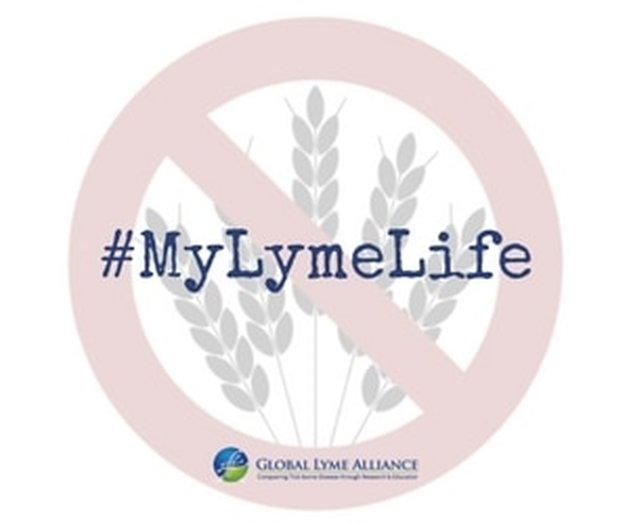
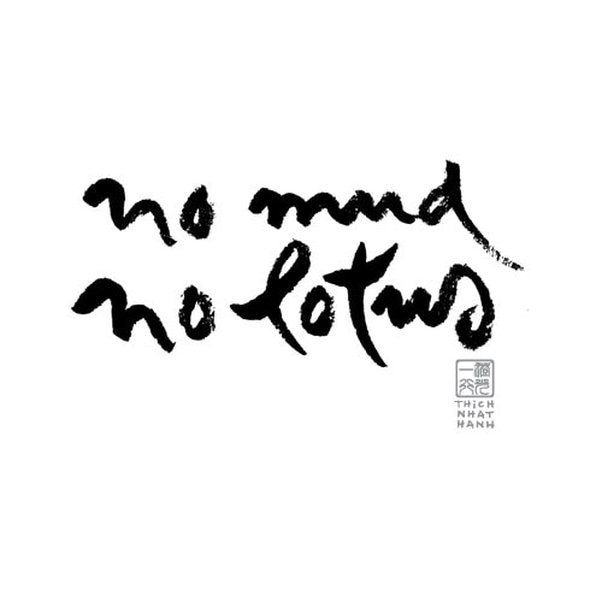
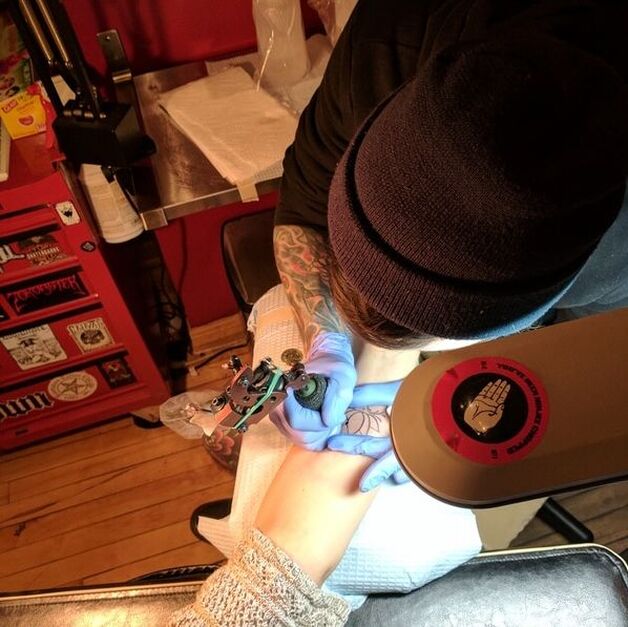
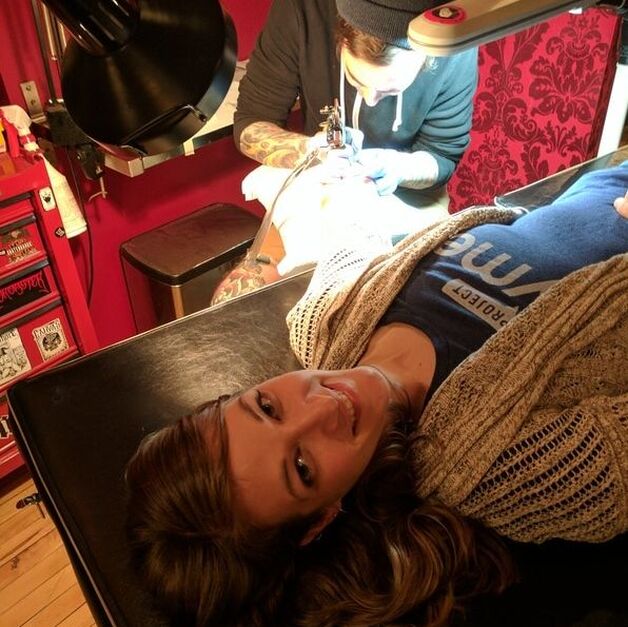
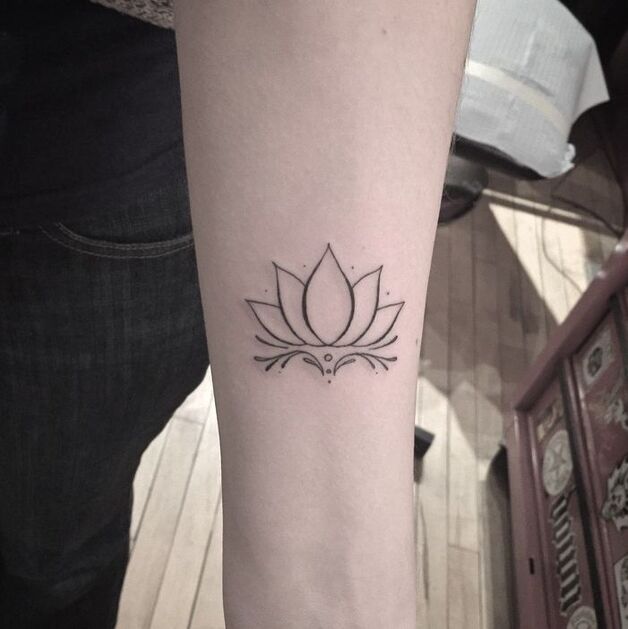
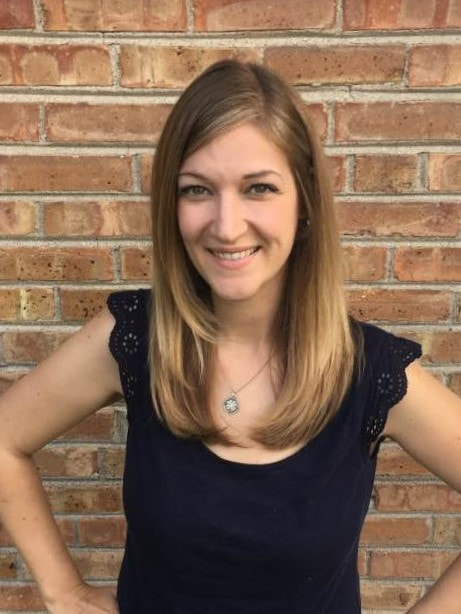
 RSS Feed
RSS Feed